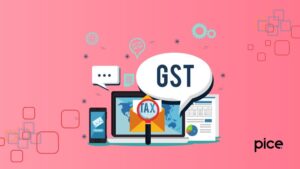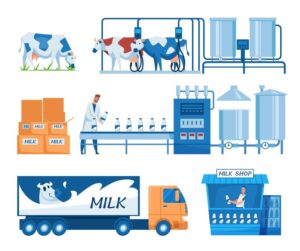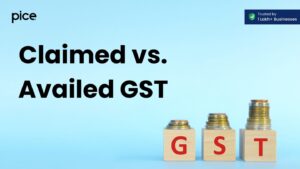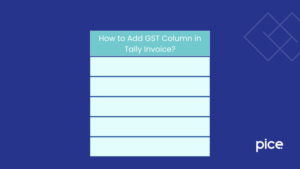List of Services Under RCM in GST 2025
- 28 Oct 25
- 6 mins
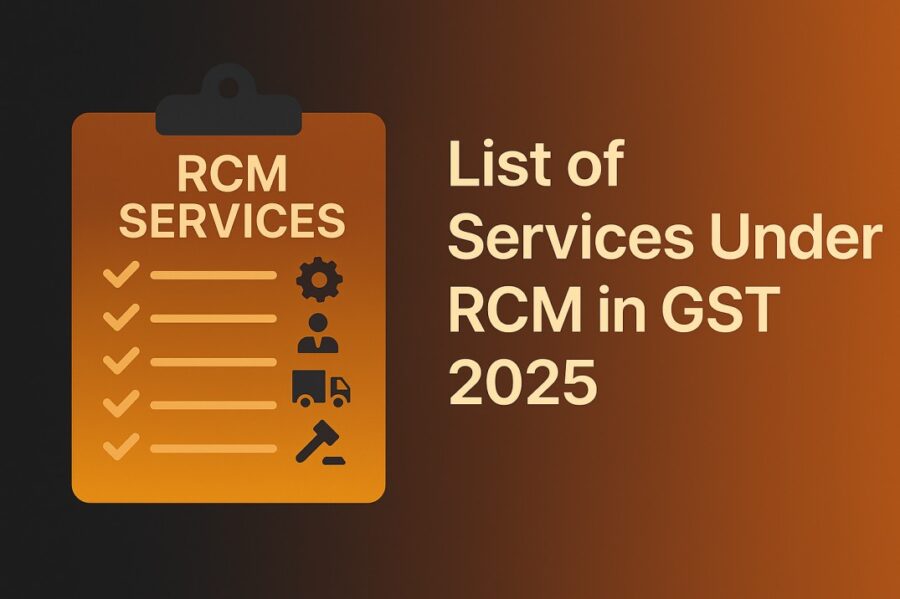
List of Services Under RCM in GST 2025
Key Takeaways
- Reverse Charge Mechanism (RCM) under GST shifts the tax liability from supplier to recipient, ensuring better compliance in unorganised sectors.
- Businesses purchasing goods from unregistered suppliers must self-pay GST under Section 9(4) of the CGST Act.
- E-commerce operators like Ola and Uber are liable to pay GST on specific services under Section 9(5) of the CGST Act.
- Recent amendments introduced self-invoice timelines, RCM on rental agreements, and clarified composite GTA services.
- Understanding the latest list of goods and services under RCM helps claim Input Tax Credit (ITC) and avoid GST penalties.
Did you know that as a registered person, if you work with an individual legal consultant, as per RCM applicability under GST, you might have to pay 18% GST on their behalf?
RCM or Reverse Charge Mechanism is a system that shifts the liability of paying tax to the recipient of the Goods and Services and not the supplier. Its primary objective is to widen the scope of levied tax on different unorganised sectors and implement tax exemption on specific classes of suppliers.
If you want to learn about the goods and the list of services under RCM in GST, read on.
List of Goods Notified Under RCM
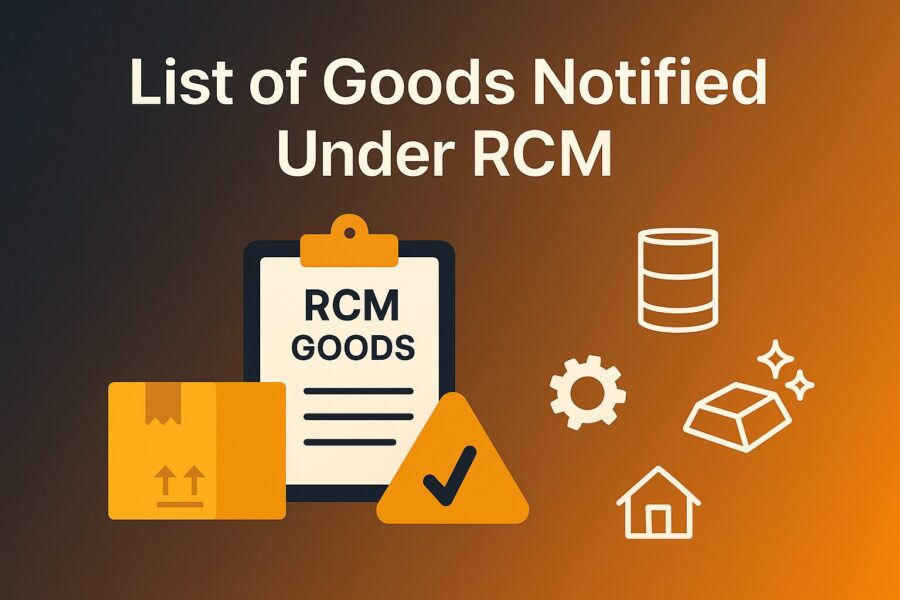
Section 9 (4) of the CGST Act mandates that if a registered person purchases goods from a non-registered vendor, RCM would apply.
For example, an apartment builder purchases cement from an unregistered supplier. Since the supplier is unable to issue a GST-compliant invoice, the builder becomes liable to pay taxes. Here is the list of goods under RCM in GST with rate:
List of Services Notified Under RCM
Any business can use an e-commerce platform to sell products or offer services. However, under Section 9(5) of the CGST Act, if a service provider offers certain specified services through an e-commerce operator, the responsibility to pay GST shifts to the platform itself under the reverse charge mechanism.
For example, when passengers book rides via platforms like Ola or Uber, it is the e-commerce operator (not the individual driver) who is liable to pay the applicable GST.
The following is the updated list of services under RCM in GST with the rate:
Recent Amendments Made in Reverse Charge Mechanism Under GST
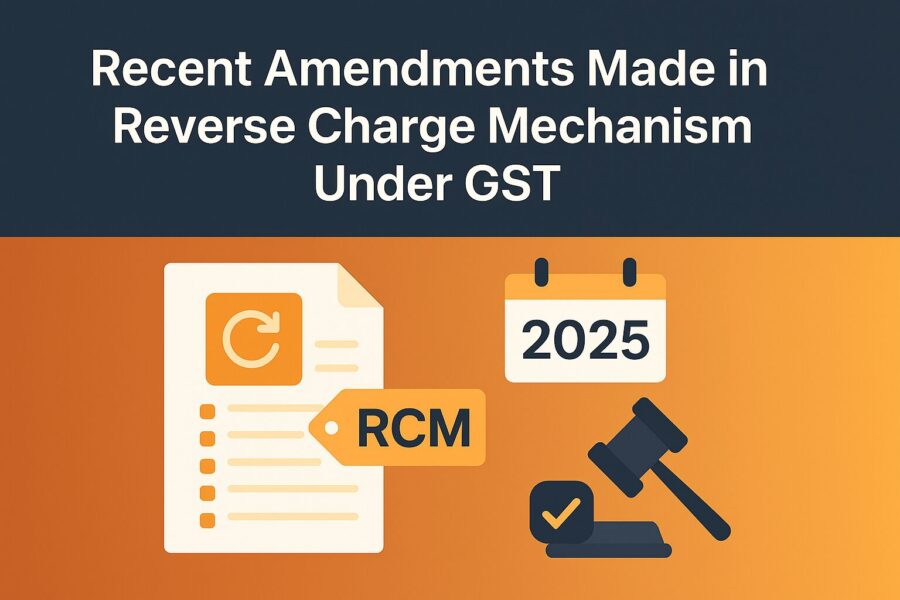
Depending on the nature of the supply and the supplier, reverse charge scenarios are determined. The Central Board of Indirect Taxes and Customs (CBIC) has revised the applicability of RCM rates under GST.
These are as follows:
1. Time Limit on Self-Invoicing
According to the CGST (2017) rule 47A, effective from November 2024, business owners have to issue RCM tax invoices within 30 days of receiving goods and services from unregistered suppliers.
2. RCM Applicability on Rental Agreements
During the 54th meeting of the GST Council held in September 2024, rental agreements between an unregistered and registered individual came under the list of services under RCM in GST.
3. Amendment to Time of Supply
The Finance Bill No.2, 2024, has revised the time of supply to 60 days or an earlier payment date after the issuance of the invoice.
4. Regularisation of Past Tax Liabilities
In the 54th meeting of the GST Council, the tax liability for some specific services got regularised on an 'as is where is' basis.
5. GTA Services Clarification
Loading, unloading, packing and other ancillary services are treated as composite supply since the 54th GST Council meeting.
6. Educational Services Exemption
Government schools' affiliated services are GST-exempt since the notification number. 08/2024 published.
Conclusion
Business owners must check the list of services under RCM in GST while procuring goods or services from an unregistered supplier. That way, they will be eligible for ITC (Input Tax Credit) and avoid penalties. In order to simplify RCM compliance, consider investing in automated solutions.
💡If you want to streamline your payment and make GST payments via credit, debit card or UPI, consider using the PICE App. Explore the PICE App today and take your business to new heights.
 By
By 







